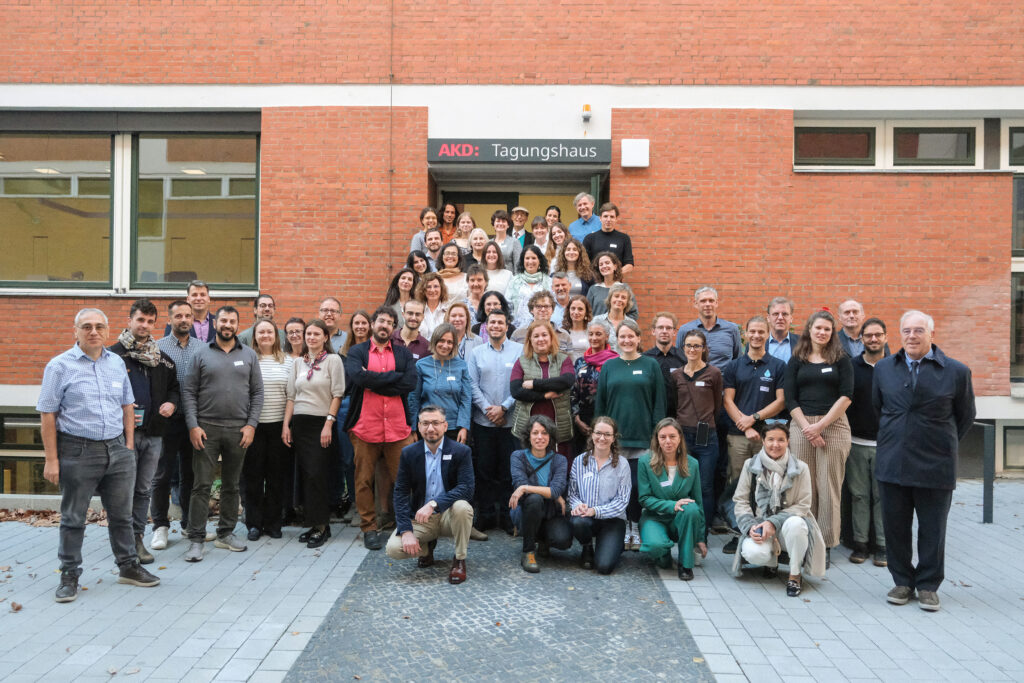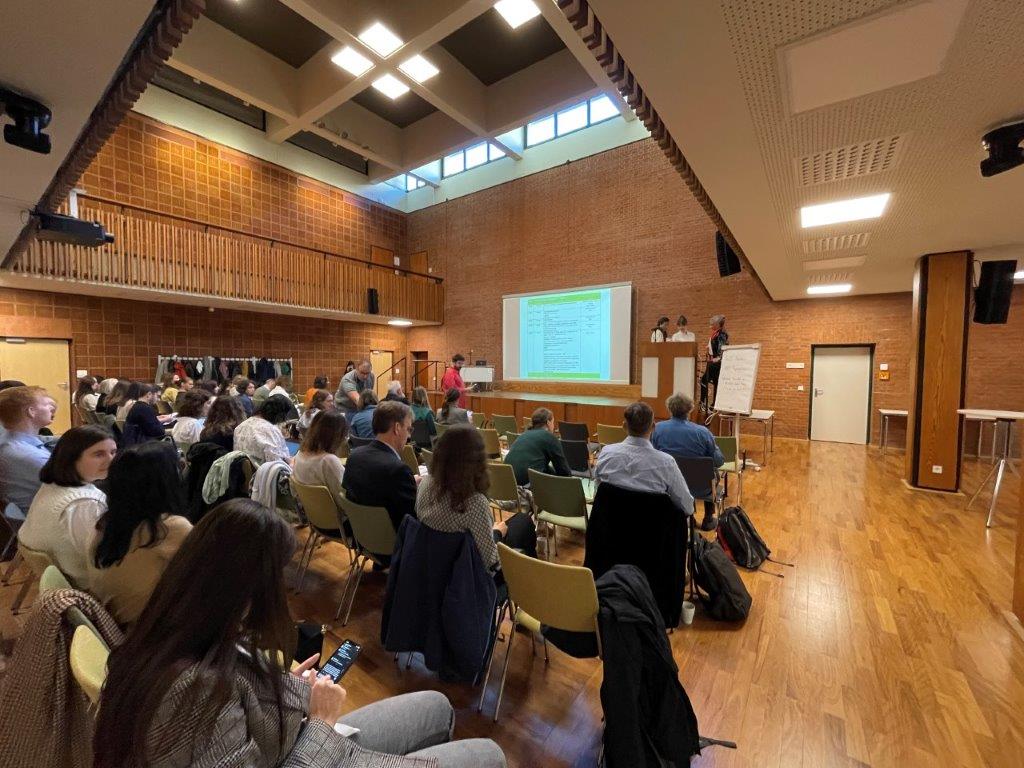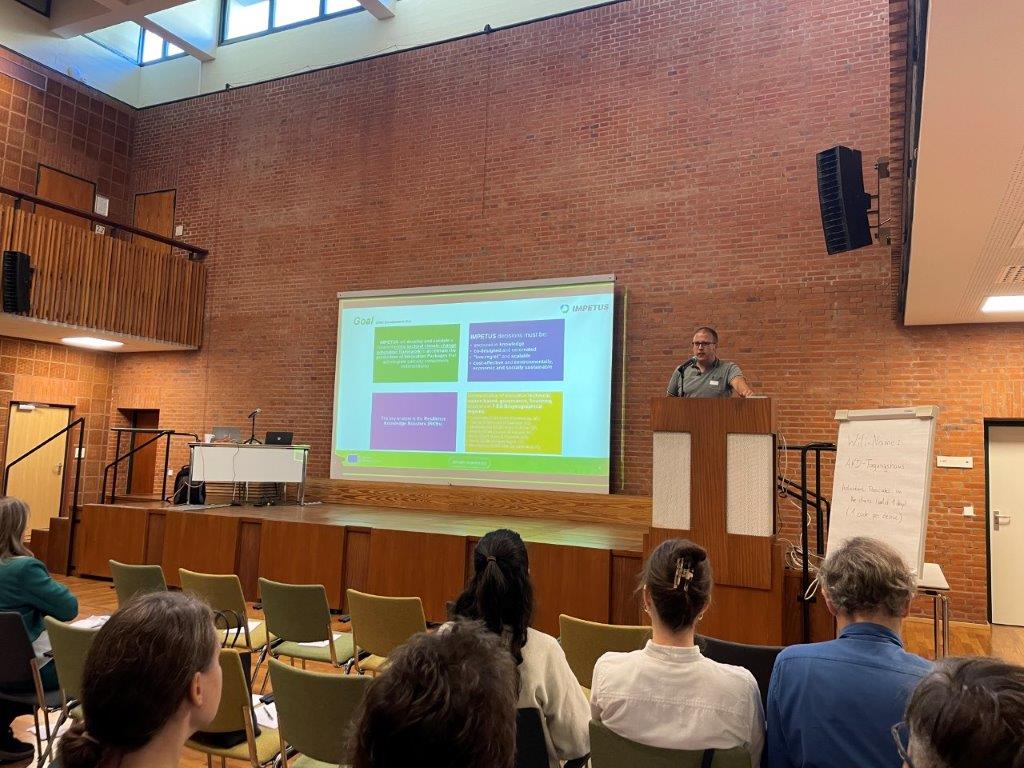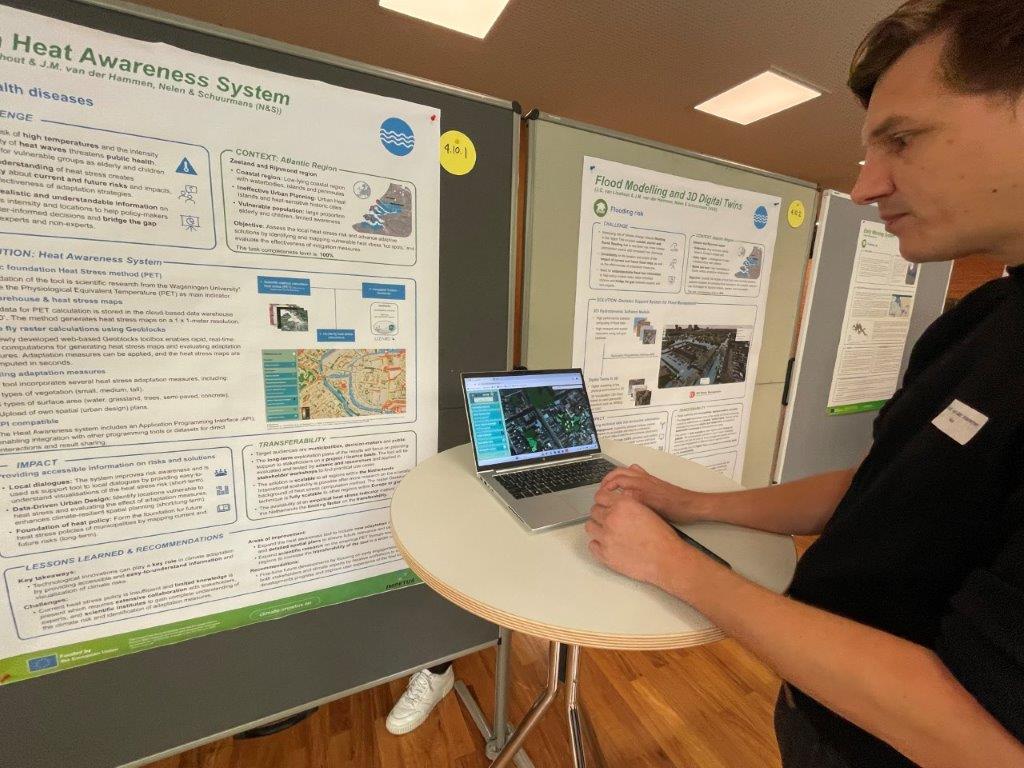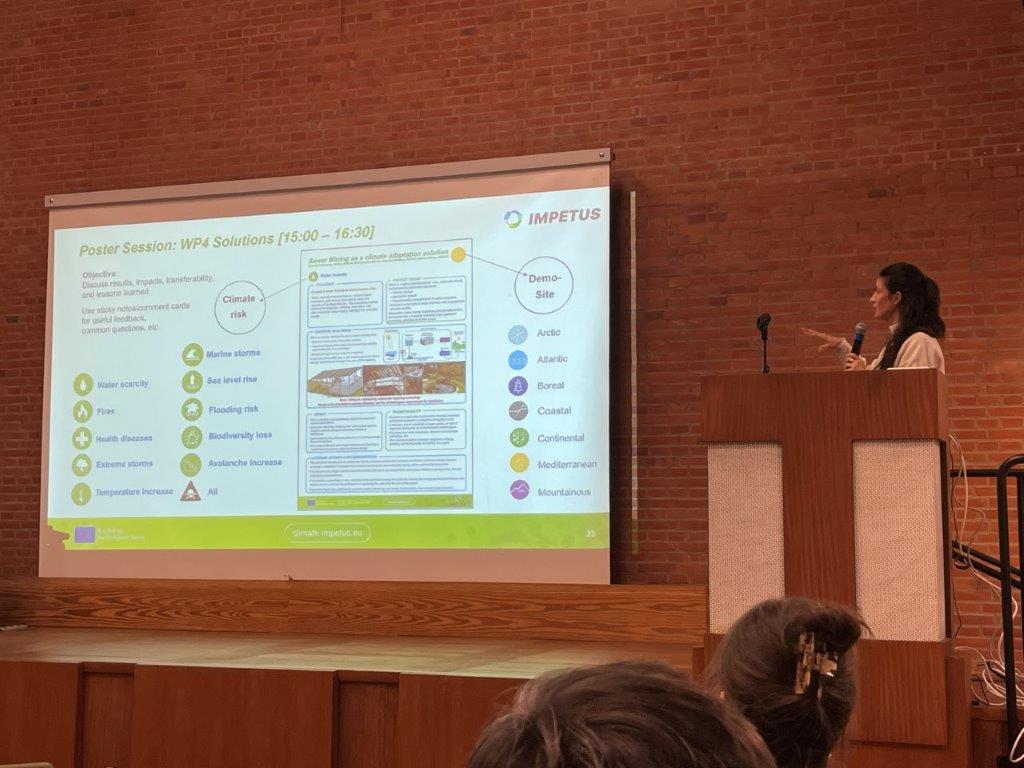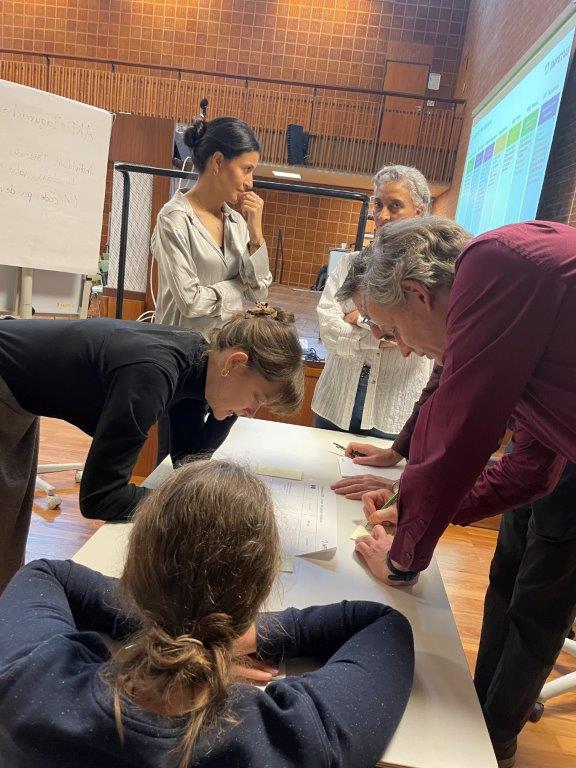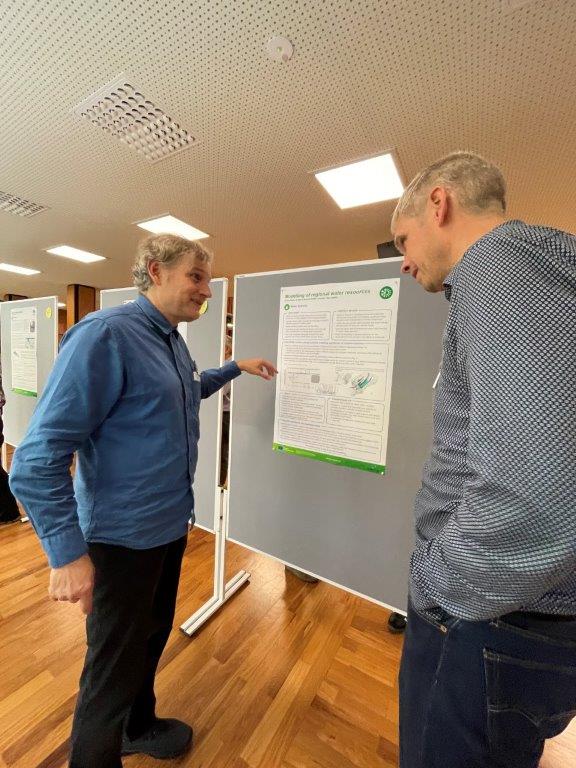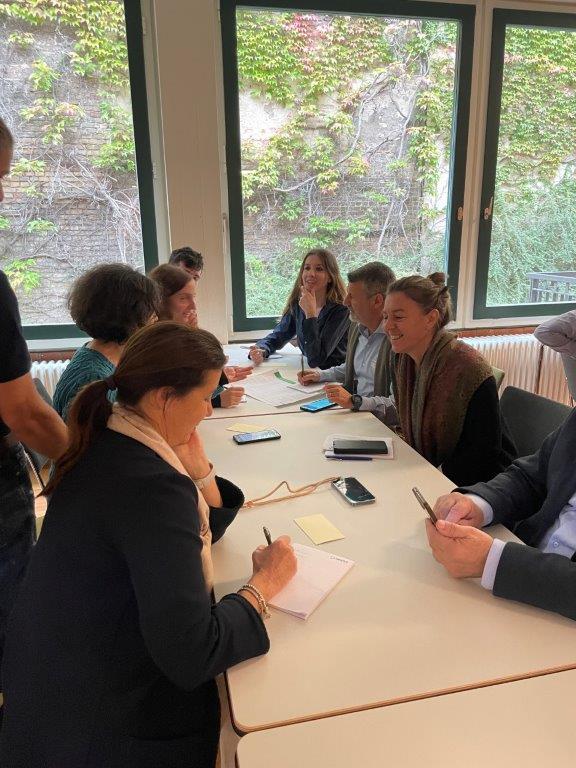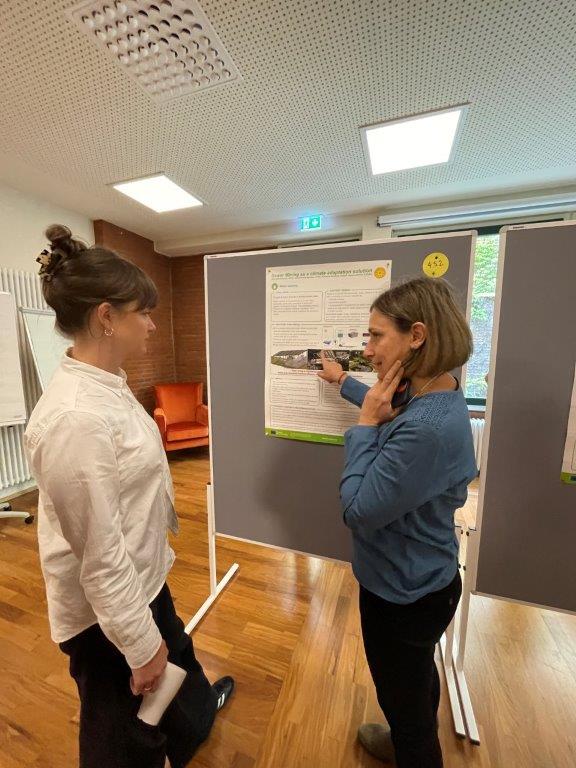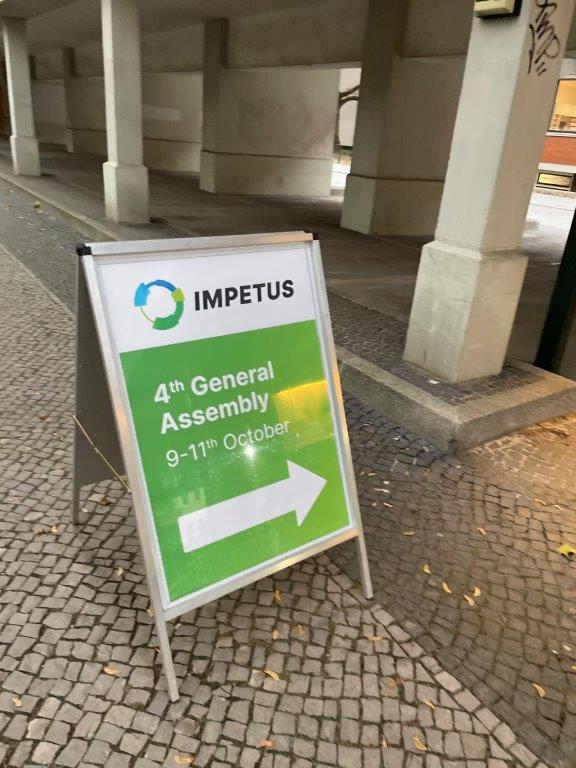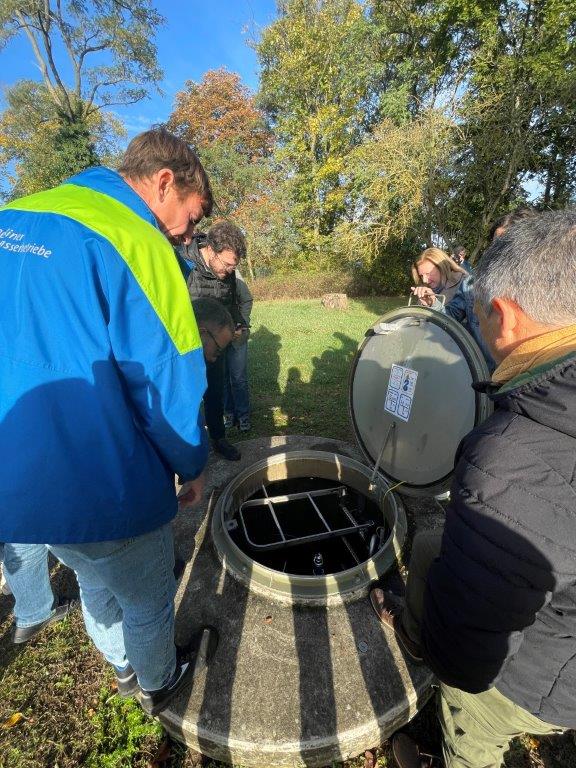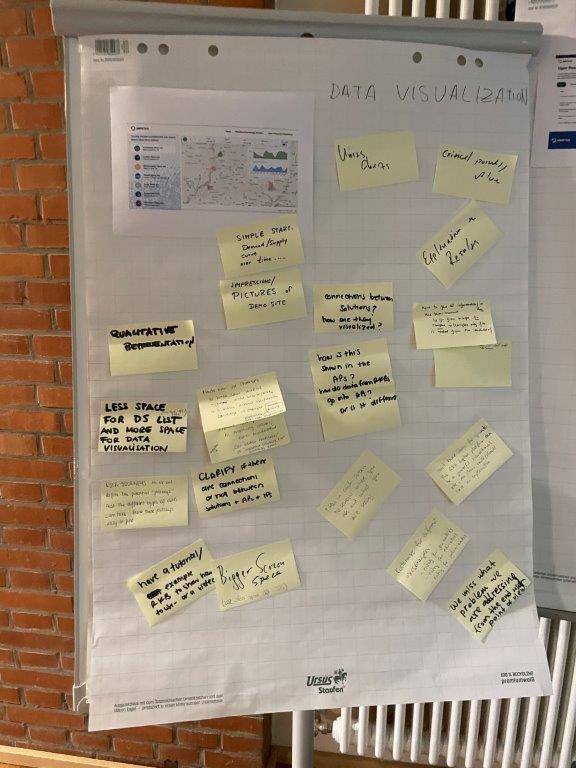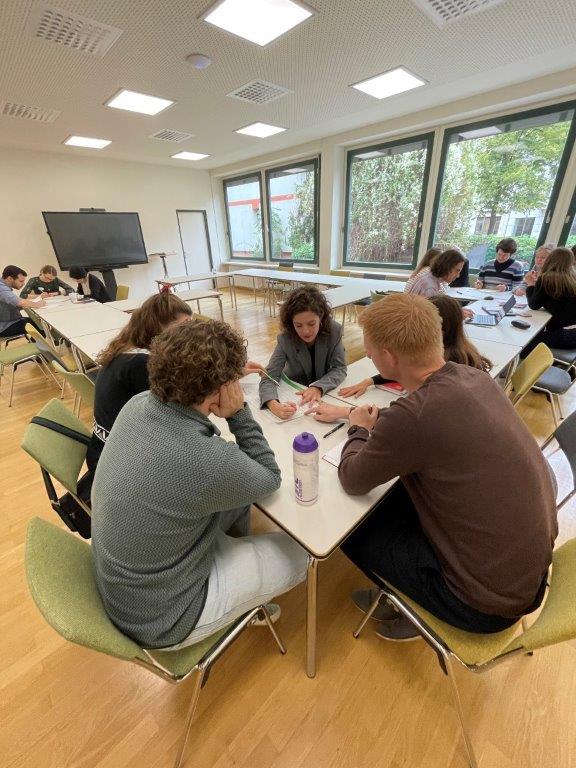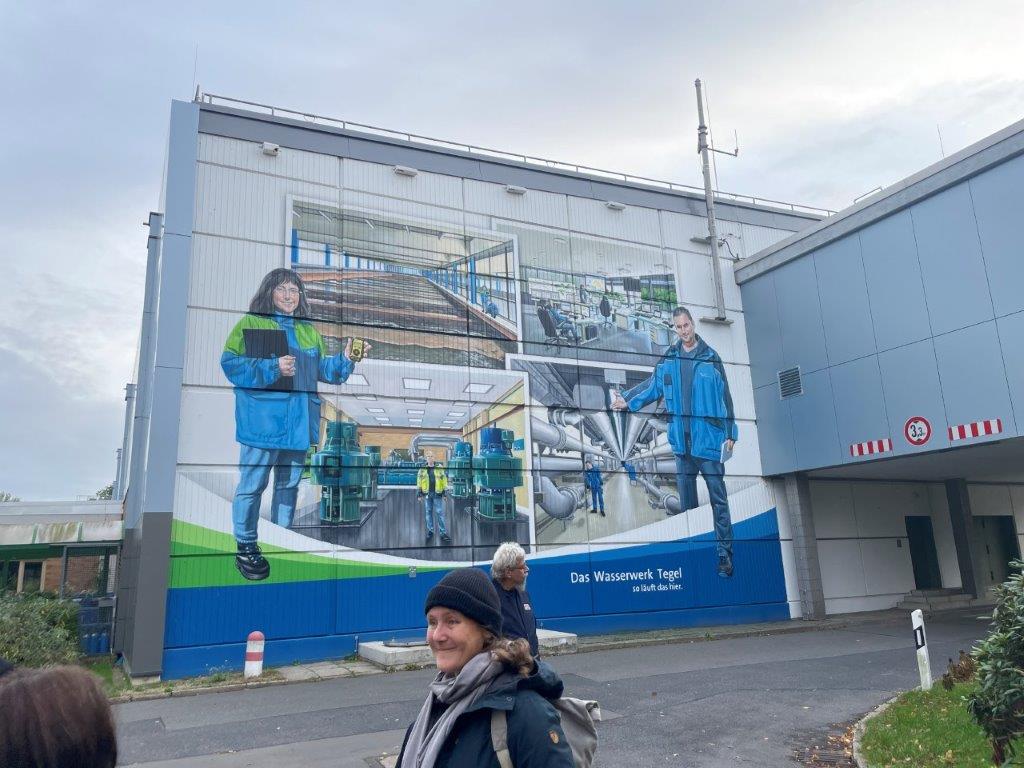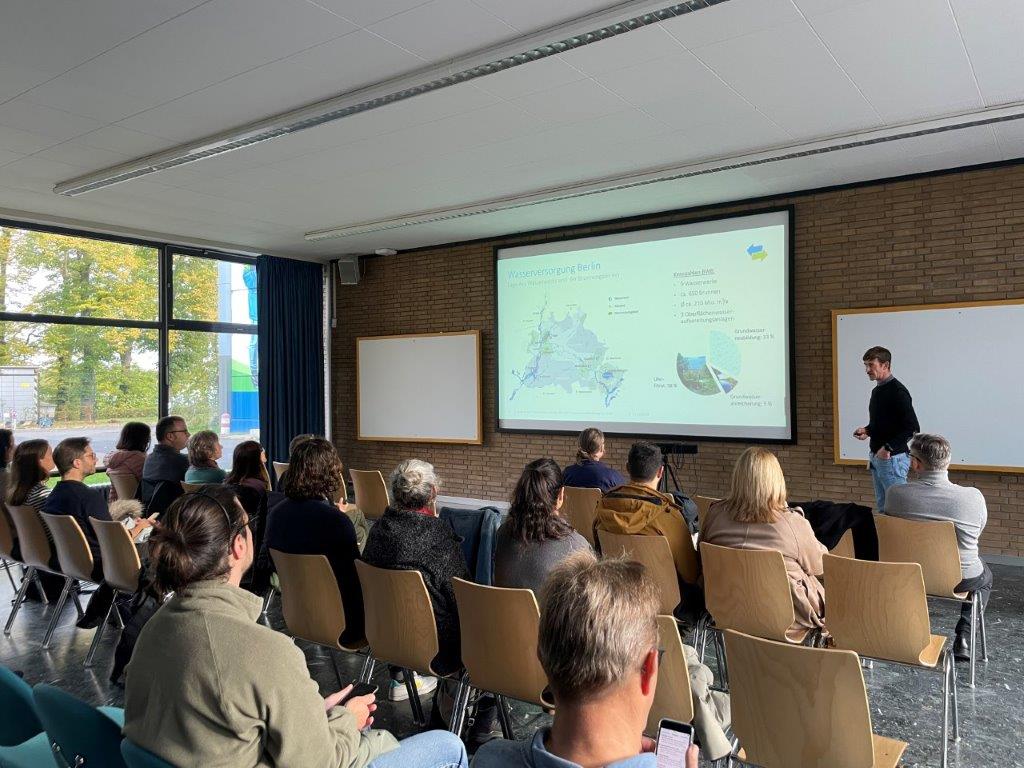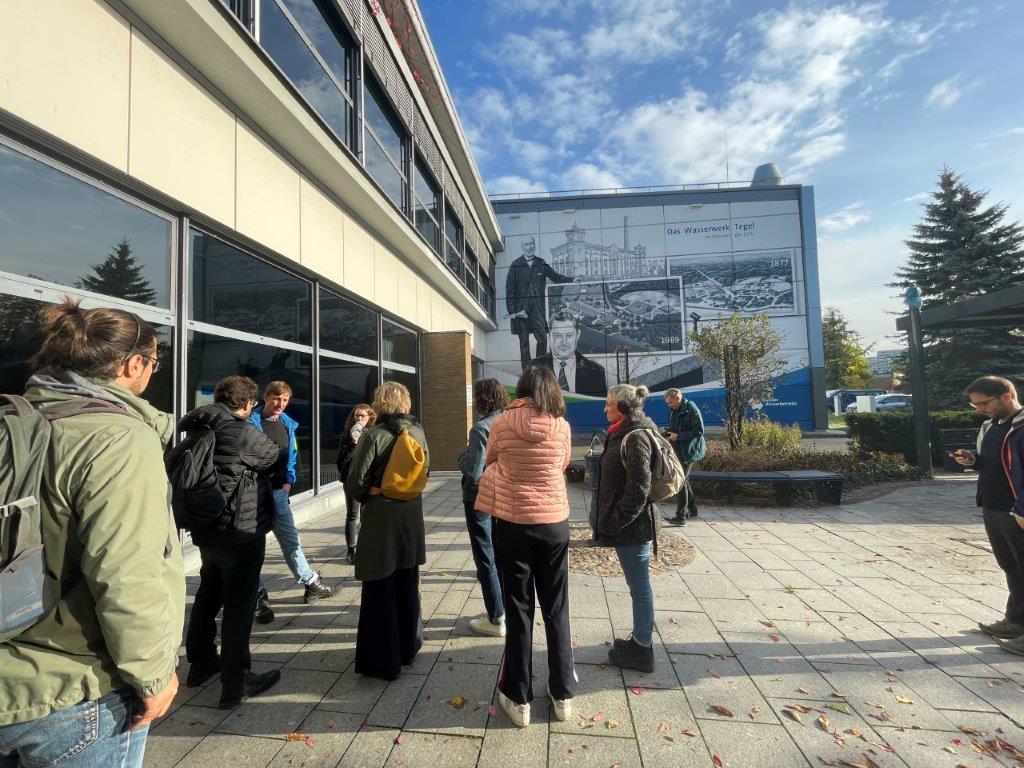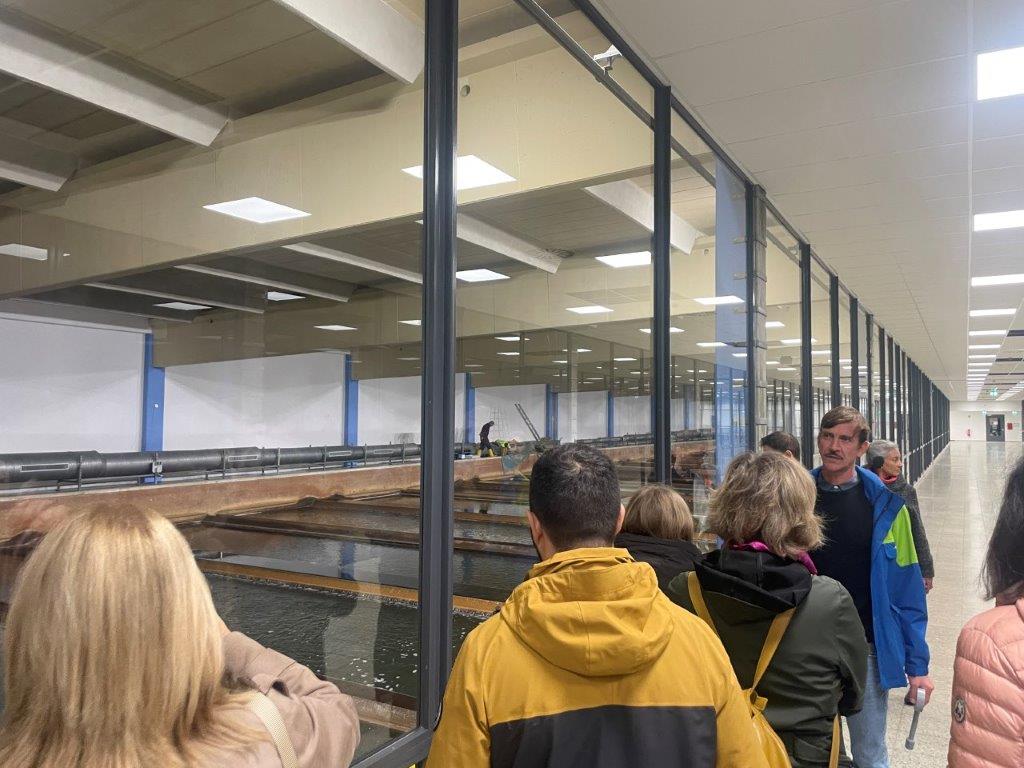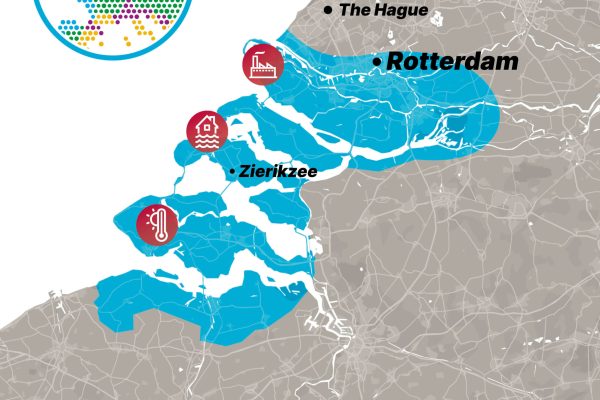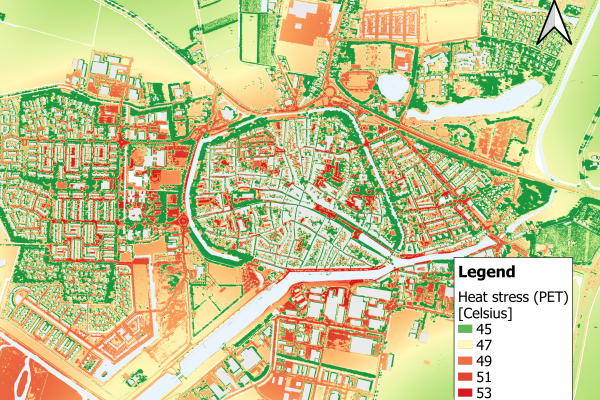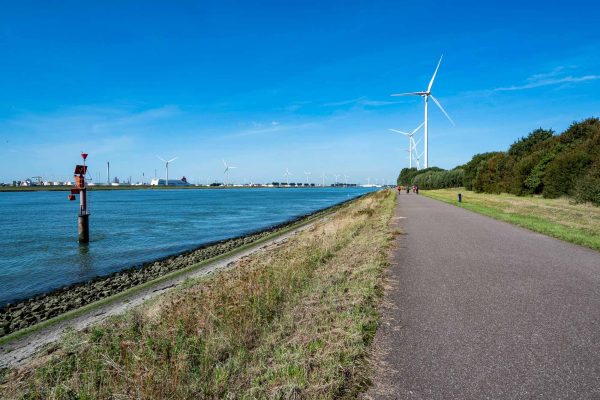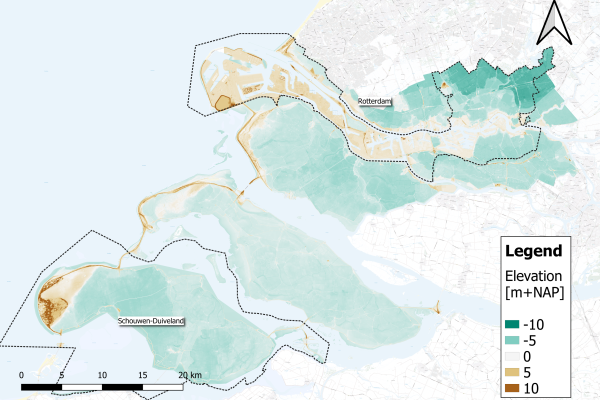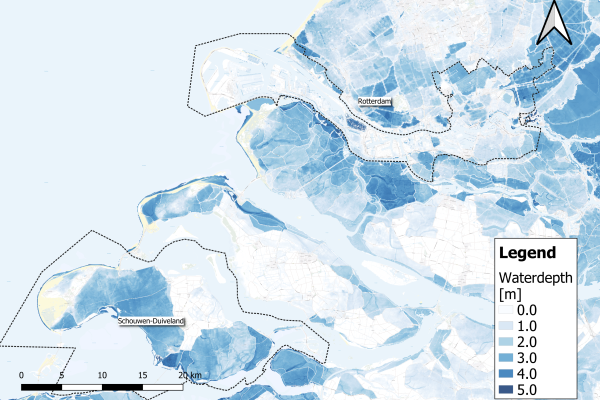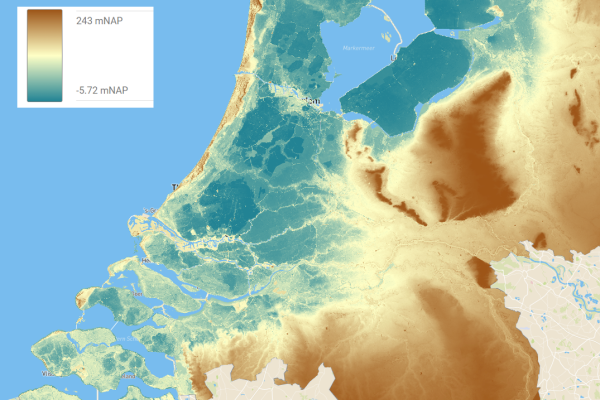Last week, IMPETUS partners convened at the AKD Tagungshaus in Berlin to review the project’s achievements at the close of its third year and to plan for the final phase. The 4th IMPETUS General Assembly (GA), hosted by KWB on October 9th, brought together over 30 project partners, marking a pivotal moment as the initiative enters its final year.
During the first two days, partners provided updates on various aspects of the project. These included progress on governance and stakeholder engagement for transformative adaptation in each demo site, refinement of digital resources to facilitate climate solutions, and planning for upcoming challenges and exploitation opportunities. The assembly also focused on adaptation pathways, which are crucial for long-term resilience strategies.
Among the key accomplishments celebrated were the launch of the IMPETUS MOOC – a course on transformative approaches to Climate Adaptation in Europe, the first iteration of the Solution Marketplace and AI assistant, and previews of the initial digital versions of the Resilience Knowledge Boosters. These milestones reflect the consortium’s commitment to fostering accessible, innovative solutions to climate adaptation.
A poster session allowed partners to present and assess the maturity of solutions being developed across the seven demo sites. This interactive exchange enabled partners to share insights, lessons learned, and explore new opportunities for synergy across the partnership. Specific advances at the demo sites, each targeting unique climate challenges, include:
- Berlin-Brandenburg (Continental Bioclimatic Region): Partners here have been advancing hydrologic surface water and groundwater modeling tools and preparing a mock-up of a Decision Theatre for integrated water resource management.
- Catalonia (Coastal Bioclimatic Region): Activities have focused on evaluating a multifunctional wetland as a nature-based solution for water treatment in flood-risk areas of the Ebro Delta. Additional efforts include sand dune restoration, sediment transport analysis, development of a satellite-based coastal monitoring system, and fostering climate-resilient tourism through behavioral change.
- Attica (Mediterranean Bioclimatic Region): Partners are finalizing the construction of a sewer mining unit to reclaim wastewater for urban irrigation, while launching the first version of a Digital Twin of the Attica region.
- Zeeland and Rijnmond (Atlantic Bioclimatic Region): The teams have completed real-time calculations of heat stress maps, implemented a flood risk management model (3D digital twin), and developed a tool to calculate decarbonization impacts for major industrial refineries in the Port of Rotterdam.
- Troms and Finnmark (Arctic Bioclimatic Region): Local teams are working to climate-proof Tromsø city center, engaging authorities with VR technology that visualizes the effects of sea-level rise. They are also using snowpack simulations and weather data to improve early warning systems for rockfalls, landslides, and avalanches.
- Zemgale (Boreal Bioclimatic Region): Partners in this region have completed testing a flood forecasting model to upgrade a flood early warning system from the city to the regional level. They are also analyzing best practices to inform a regional climate change adaptation plan.
- Valle dei Laghi (Mountain Bioclimatic Region): This IMPETUS demosite team, in collaboration with local stakeholders, have developed a mock-up of a decision support system for water management and analyzed the local historic building stock to enhance protection measures for cultural heritage.
Throughout the third year, IMPETUS has also strengthened ties with sister projects and presented its activities and results at various events focused on climate adaptation such as EURESFO, EU Green Week, Mission Forum on Climate Adaptation, and Water Innovation Europe among others.
The meeting also facilitated an exchange of ideas on stakeholder engagement activities and strategies for supporting the exploitation of over 64 impactful results identified within the project. Partners brainstormed ways to develop guidelines for decision-makers in business and finance sectors and ensure that public and private decision-makers can effectively leverage these climate adaptation results.
A highlight of the Berlin meeting was a visit to the Tegel Waterworks, part of the Berlin Wasserbetriebe, the largest water supply and wastewater management company in Germany and partner in the project. The Tegel facility provides 25% of Berlin’s drinking water and plays a crucial role in managing the city’s water supply. Berlin, a city facing rising temperatures and recurring drought, has been transforming into a “sponge city” to tackle water shortages. The construction of massive underground wastewater storage facilities helps capture and store rainwater, which can later be pumped up to the surface and released as needed. These innovative measures are essential to securing the city’s water supply in the face of climate challenges.
As the IMPETUS project enters its final year, the partners remain committed to pushing forward climate adaptation solutions, leveraging the progress made so far, and preparing for the next steps.
